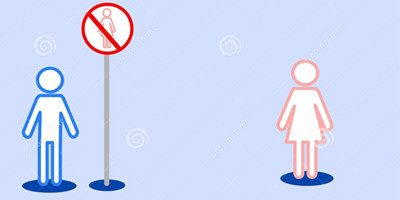This is Scientific American — 60-Second Science. I'm Christopher Intagliata.
As in many other fields, gender bias pervades the sciences. Men score higher starting salaries, have more mentoring, and have better odds of being hired. Studies show they're also perceived as more competent than women in STEM fields. And new research reveals that men are more likely to receive excellent letters of recommendation, too.
"Say, you know, this is the best student I've ever had." Kuheli Dutt, a social scientist and diversity officer at Columbia University's Lamont campus. Compare those excellent letters, she says, to a merely good letter: "The candidate was productive, or intelligent, or a solid scientist or something that's clearly solid praise," but nothing that singles out the candidate as exceptional or one of a kind.
Dutt and her colleagues studied more than 1,200 letters of recommendation for postdoc positions in geoscience. They were all redacted for gender and other identifying information, so Dutt and her team could assign them a score without knowing the sex of the student. They found that female applicants were only half as likely to snag superlative letters, compared to their male counterparts. That includes letters of rec from all over the world, and written by, yes, men and women. The findings are in the journal Nature Geoscience.

Dutt says they were not able to evaluate the actual scientific qualifications of the applicants using the archival data. But she says the results still suggest women in geoscience are at a potential disadvantage from the very beginning of their careers—starting with those less-than-outstanding letters of rec.
"We're not trying to assign blame or criticize anyone or call anyone consciously sexist or something like that. Rather, the point is to use the results of this study to open up meaningful dialogues on implicit gender bias, be it at a departmental level or an institutional level or even a discipline level." Which may lead to some recommendations for the letter writers themselves.
Thanks for listening for Scientific American — 60-Second Science Science. I'm Christopher Intagliata.











